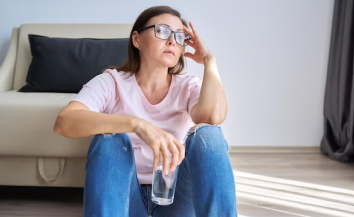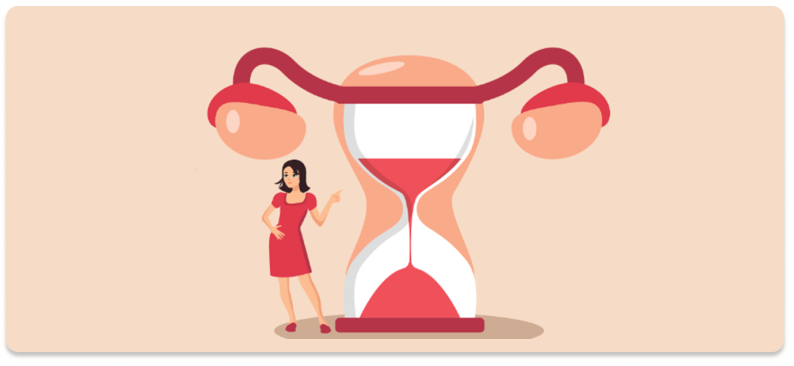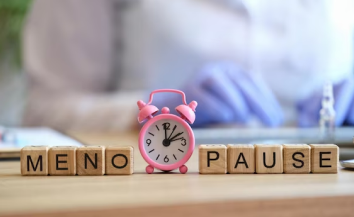You may also like…
When do we say that a woman has entered menopause?
We claim that a woman has entered menopause when she has missed 12 periods in a row. The most common age bracket for menopause to happen is between age 45 and 55.
What is menopause?
It is a point in a woman’s life that marks the end of a woman’s reproductive life, after this point, a woman cannot become pregnant; except in certain situations where artificial fertility treatments are employed
Why does menopause happen?
It is caused by decrease in the follicular function of the ovaries and decrease in the blood estrogen levels; the ovaries stop releasing eggs for fertilization. This change has a widespread effect on a woman’s body discussed later.
What happens after menopause?
Ovaries make little estrogen and this results in low estrogen levels in the bloodstream.Read our content on Symptoms of menopause and its management here (Doc V MS) Low levels of estrogen and progesterone increases risks of developing certain conditions- these include
- Heart disease: estrogen helps keep a good balance between good and bad cholesterol / estrogen helps keep blood vessels relaxed / by age 70 women and men have the same risk of dev heart disease
- Stroke: after age 55 risk of stroke doubles every 10 years after 55- the low estrogen plays a role in building up plaque on the vessels of the brain arteries
- Osteoporosis; less estrogen in your body helps to “lose” bone mass: this puts you at a risk for developing osteoporosis (bones become brittle, weak, break easily)
- Lead poisoning; lead exposure over your life enables lead to be deposited in the bones: bone breakdown predisposes a woman to getting this lead in her blood stream- this increases the chances of getting more cholesterol deposits in the vessels and also hardens arteries predisposing the woman to getting high blood pressure- the lead in your bloodstream can impair memory and affect kidneys, too.
- Urinary incontinence: postmenopausal women commonly have trouble holding in their urine, lower estrogen levels may weaken the urethra
- Pelvic organ prolapse: low levels of estrogen result in the weakening of pelvic floor muscles leading to a prolapse
- Oral issues: it is very common for postmenopausal women to experience dry mouth and an increased risk of getting cavities






